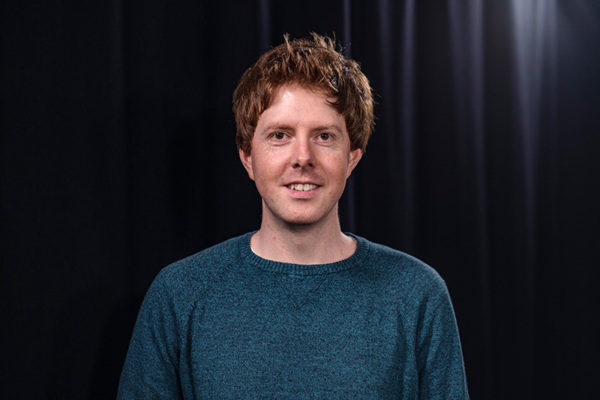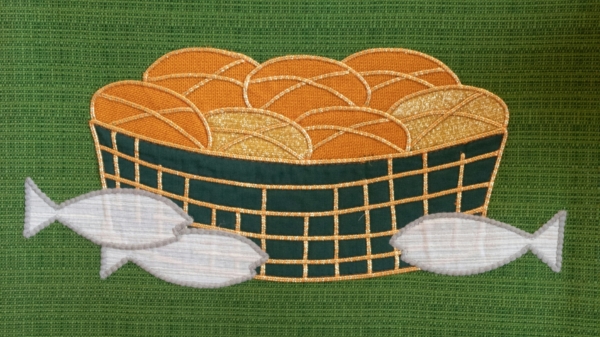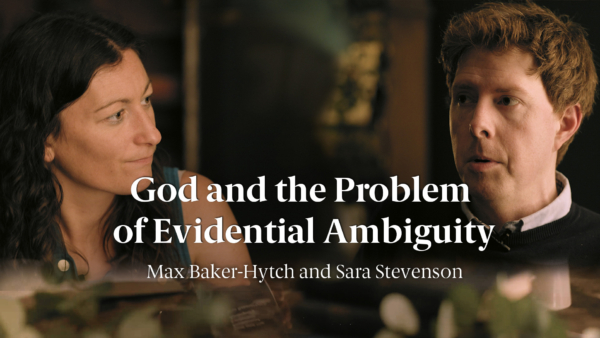Max Baker-Hytch

About
“You have made us for yourself, O Lord, and our heart is restless until it rests in you.” – St. Augustine of Hippo
Dr. Max Baker-Hytch is the Academic Advisor at OCCA. He received his PhD in Philosophy from the University of Oxford in 2014. Afterwards, he held two postdoctoral research fellowships, one at Oxford (2014-15), and one at the University of Notre Dame. Separately to his role at OCCA, he is Lecturer in Philosophy at Wycliffe Hall, Oxford University.
Max’s research interests mainly focus on the intersection of the philosophy of religion and epistemology. Max has published more than a dozen scholarly articles and book chapters on various topics within these fields, which can be accessed on his PhilPapers profile (link below). He has recently published a book with Cambridge University Press entitled God and the Problem of Evidential Ambiguity. He has participated in several public debates on these topics, including on Justin Brierley’s Unbelievable show.
Max is married and has two daughters. For fun, Max enjoys composing instrumental music on guitars and keyboards in his home studio: https://maxbaker-hytch.bandcamp.com/album/moonbeams





